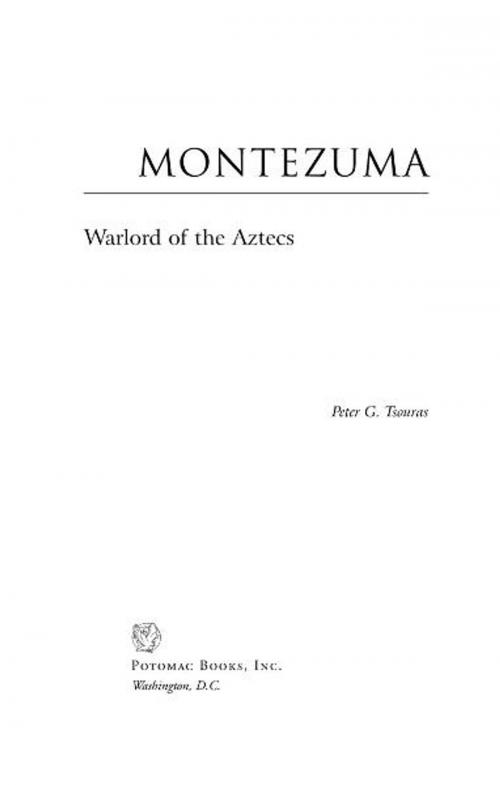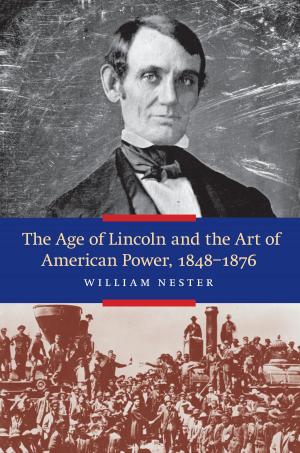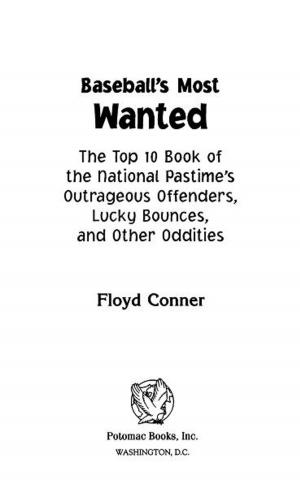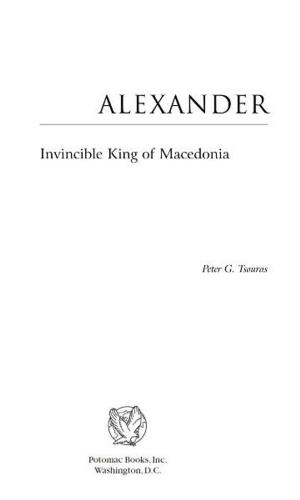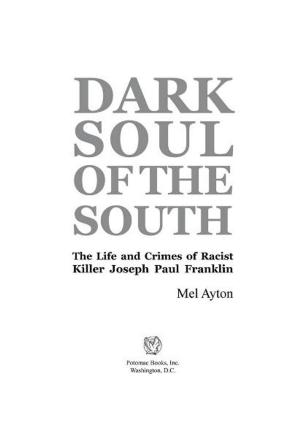| Author: | Peter G. Tsouras | ISBN: | 9781612340654 |
| Publisher: | Potomac Books Inc. | Publication: | October 31, 2005 |
| Imprint: | Potomac Books Inc. | Language: | English |
| Author: | Peter G. Tsouras |
| ISBN: | 9781612340654 |
| Publisher: | Potomac Books Inc. |
| Publication: | October 31, 2005 |
| Imprint: | Potomac Books Inc. |
| Language: | English |
Places Aztec civilization and history in the context of world history Montezuma (ca. 1466û1520), who had been educated as a priest and had served well as a military commander, ascended to the Aztec throne in about 1502 on the basis of his military record and reputation for piety. As Peter G. Tsouras demonstrates, almost immediately Montezuma transformed himself from a man of good judgment to a pitiless autocrat. He killed indiscriminately at home and waged wars of conquest against his neighbors, adding territory in contemporary Honduras and Nicaragua to his empire. In 1519, Hern?n CortTs arrived in Mexico at the head of a Spanish expedition. Montezuma believed the invaders to be gods fulfilling the prophecy that the god Quetzalcoatl would return. He failed to resist and cautiously offered gifts. As a result, CortTs and the conquistadors marched on the capital and seized Montezuma. The monarch fell, surrendering his power, wealth, and even the sovereignty of his people, almost gladly. He became a puppet of the Spaniards and finally allied himself in battle against his own people. When the emperorÆs brother at last led an uprising, the ungrateful Spaniards killed Montezuma.
Against the backdrop of ancient MexicoÆs rich cultural heritage, Tsouras captures the tragedy that befell Mexico during MontezumaÆs reign.
Against the backdrop of ancient MexicoÆs rich cultural heritage, Tsouras captures the tragedy that befell Mexico during MontezumaÆs reign.
Places Aztec civilization and history in the context of world history Montezuma (ca. 1466û1520), who had been educated as a priest and had served well as a military commander, ascended to the Aztec throne in about 1502 on the basis of his military record and reputation for piety. As Peter G. Tsouras demonstrates, almost immediately Montezuma transformed himself from a man of good judgment to a pitiless autocrat. He killed indiscriminately at home and waged wars of conquest against his neighbors, adding territory in contemporary Honduras and Nicaragua to his empire. In 1519, Hern?n CortTs arrived in Mexico at the head of a Spanish expedition. Montezuma believed the invaders to be gods fulfilling the prophecy that the god Quetzalcoatl would return. He failed to resist and cautiously offered gifts. As a result, CortTs and the conquistadors marched on the capital and seized Montezuma. The monarch fell, surrendering his power, wealth, and even the sovereignty of his people, almost gladly. He became a puppet of the Spaniards and finally allied himself in battle against his own people. When the emperorÆs brother at last led an uprising, the ungrateful Spaniards killed Montezuma.
Against the backdrop of ancient MexicoÆs rich cultural heritage, Tsouras captures the tragedy that befell Mexico during MontezumaÆs reign.
Against the backdrop of ancient MexicoÆs rich cultural heritage, Tsouras captures the tragedy that befell Mexico during MontezumaÆs reign.
